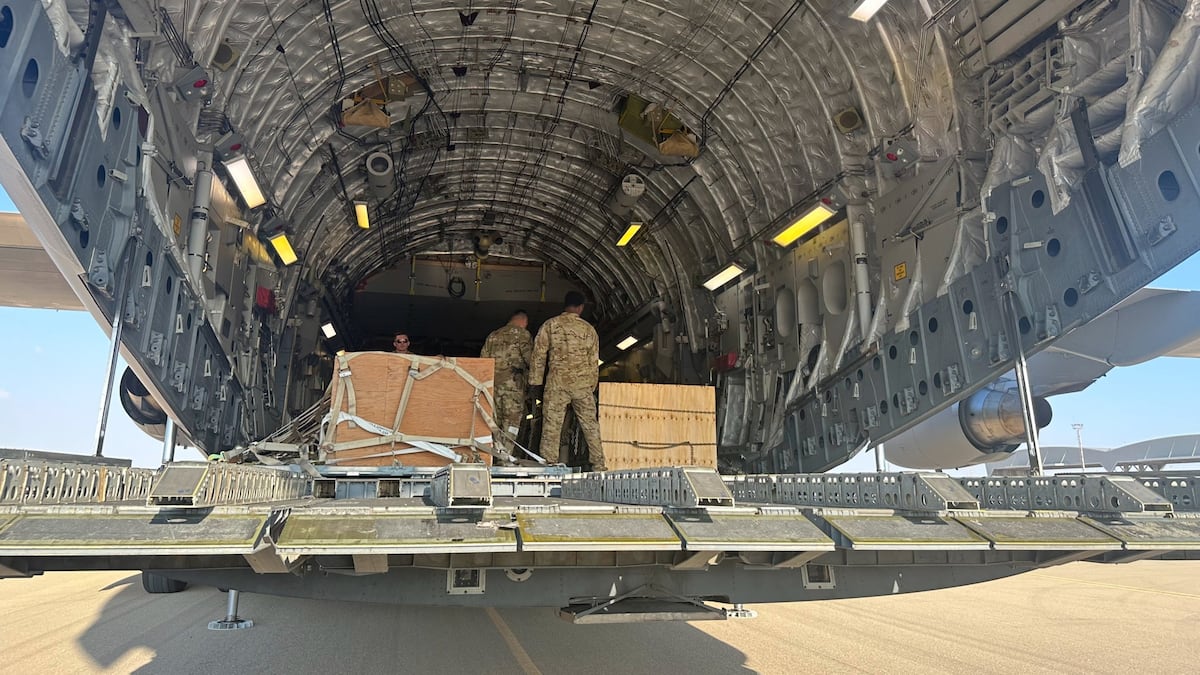The appropriations measure advanced out of the Senate Appropriations Committee by a bipartisan 26-3 vote, with both Republican and Democratic leaders praising the plan as meeting the emerging needs of the armed forces.
“This bill addresses major funding gaps across the board,” said Sen. Susan Collins, R-Maine, chairwoman of the panel. “It invests in ship building … it expands critical munitions production, including air and missile defense interceptors, long range missiles and next generation hypersonic weapons.
“It funds drone and counter drone technologies, which are increasingly changing the nature of the battlefield. Finally, the bill invests in our most precious asset, the men and women of our armed forces. It shows our continuing commitment to their readiness, well being and mission success.”
RELATED
The bill includes plans for a 3.8% pay raise for troops next January and an increase in overall military end strength in 2026, similar to plans adopted by House lawmakers earlier in July.
But the measure also includes a 2% increase in base defense spending next fiscal year, about $20 billion above House approved spending levels and the White House’s request for defense spending.
The White House for months has advocated for a generally flat defense budget next year coupled with about $150 billion in one-time defense spending approved in a budget reconciliation measure earlier this summer.
Democratic lawmakers have objected to that strategy, saying it undermines oversight and long-term planning. Republicans on the committee backed the reconciliation measure but also expressed concern over the reliance on one-time funding for critical defense programming.
“I think not only the prior administration, but this administration as well, have underestimated the level of challenge that we have in defense,” said Sen. Mitch McConnell, R-Ky., chairman of the appropriations committee’s defense panel.
“You’ve got authoritarian regimes coordinating with each other in North Korea, in Russia, Chinese and Iranian proxies. And one thing they have in common is that they hate us.”
Whether the plussed-up defense budget plan will survive congressional negotiations is unclear.
The House has already recessed until September, and the Senate is expected to leave town at the end of this week. When both chambers return, they’ll have to approve funding for all federal spending past Sept. 30, either through a full-year appropriations package or a short-term budget extension.
If neither is approved, the country could face a partial government shutdown starting Oct. 1, shuttering a host of federal offices and pausing some military paychecks.
Leo covers Congress, Veterans Affairs and the White House for Military Times. He has covered Washington, D.C. since 2004, focusing on military personnel and veterans policies. His work has earned numerous honors, including a 2009 Polk award, a 2010 National Headliner Award, the IAVA Leadership in Journalism award and the VFW News Media award.
Read the full article here








